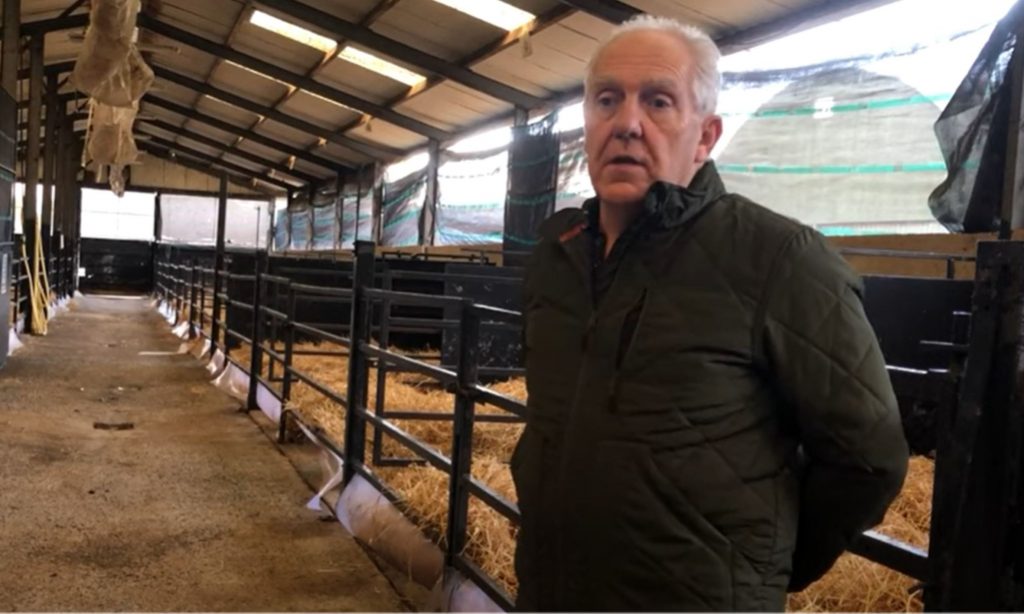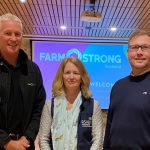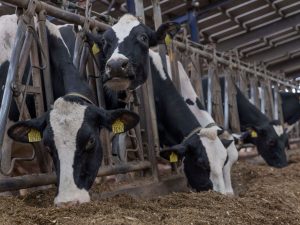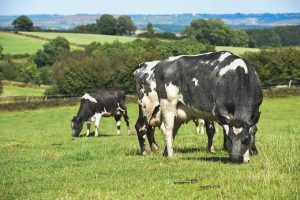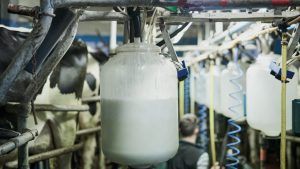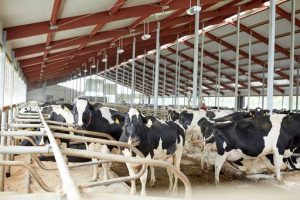
Speaking to Agriland, Wicklow Calf Company’s Seamus Scallan said he had just returned from a trip to meet customers of Irish calves on mainland Europe.
He explained the customers in Europe are seeking “quality dairy and beef-sired calves and are not interested in calves that are of low quality”.
Scallan believes that calves shouldn’t leave their farm of birth to be sold unless they are over 21 days of age and shouldn’t travel to mainland Europe below 28 days of age.
“The calves should not be allowed be sold until they are at least 21 days. Many of our key markets are moving to 28 days and we must do the same,” he said.
“If a dairy farmer is selling their calves too young, there is a welfare problem on that farm.
“There are a small minority of dairy farmers that are selling calves too young and it’s a disgrace.”
He suggested that officials from the Department of Agriculture, Food and the Marine (DAFM) should be policing this matter at mart gates this spring.
“This year, DAFM staff need to be present at mart gates to send these unsaleable calves that are appearing at marts home to the farms that are bringing them out,” he said.
Angus and Hereford calves
The calf trader said there has been an increase in the number of dairy farmers breeding Hereford and Aberdeen Angus-cross calves.
While the good calves will always be in demand, he warned “there are too many lower-grade Angus and Hereford calves being produced”.
Scallan said: “Lower-grade Hereford and Angus calves will be a bad trade this year.
“Dairy farmers who are using these beef bulls with poor carcass figures and low indexes to produce these small, narrow calves will get caught this year.
“Farmers who have bought, reared and finished these lower-grade calves in the past are finding they are only making an O- grade at best, and a have a very small carcass weight.
“They’re not profitable calves and that’s the reality of it.
“The calf producing an O- grade or below as a finished animal will be in low demand this year. Regardless of what breed it is.”
The Scallans, who have a ‘no Jersey policy’ in their calf-trading business, said: “European customers who have bought Jersey-cross calves in the past have specified they will not be interested in any Jersey-type calves this year.”
Calf slaughter
Commenting on the issue of slaughtering calves from the dairy herd in Ireland, Scallan said “it needs to be stopped immediately”.
“It is sending out the wrong vibes to all our markets,” he said.
“The market wants good suck calves of all breeds and types. Small calves will not work. Dairy farmers who are prepared to breed unsaleable calves should be prepared to rear them themselves.”
